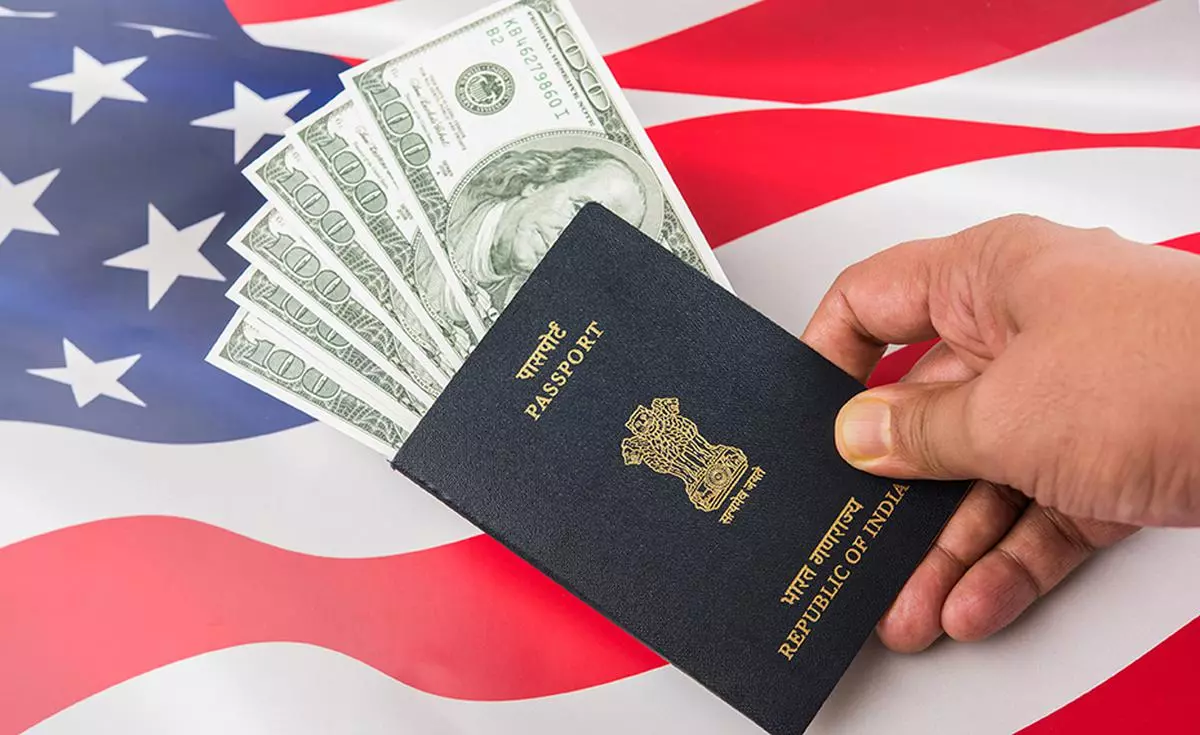When planning a trip to Vietnam, one of the most important considerations is the visa fee. The cost of obtaining a Vietnam visa varies depending on multiple factors, including visa type, processing speed, and nationality. Whether you are a tourist, business traveler, or expatriate, understanding these factors can help you budget effectively and avoid unexpected costs.
For those who need urgent processing, a rush Vietnam visa service is available to accelerate approval. If you are an Irish citizen, it is essential to check the latest visa policies regarding the Vietnam visa for Ireland citizens to ensure compliance with current regulations.
Contents
Understanding Vietnam Visa Fees
The visa fee refers to the amount applicants must pay to obtain legal entry into Vietnam. Fees vary depending on whether the visa is obtained online, on arrival or through an embassy. Understanding the fee structure is crucial for travelers who want to secure a visa efficiently and cost-effectively.
Types of Vietnam Visa Fees
Vietnam visa costs typically fall into two categories:
- Government Fees – Paid to Vietnam Immigration authorities for processing visa applications.
- Service Fees – Charged by agencies or visa service providers for assisting with application submission and fast processing.

Explore the cost of a visa for Vietnam
Key Factors Affecting Vietnam Visa Fees
1. Visa Type and Duration
One of the most significant factors influencing the visa fee is the type of visa and how long it remains valid. Vietnam offers multiple visa options, including:
- Tourist Visa (Single or Multiple Entry) – Suitable for travelers visiting Vietnam for leisure.
- Business Visa – Required for those traveling for work-related purposes.
- Student and Work Visas – For individuals planning extended stays for education or employment.
Longer-duration visas tend to have higher fees, with one-year visas costing more than short-term options like one-month or three-month visas.
2. Nationality of the Applicant
The applicant’s nationality plays a role in determining visa costs. Some countries have visa exemptions or lower fees due to bilateral agreements, while others may face higher costs based on Vietnam’s immigration policies.
For instance, Vietnam visa for Ireland citizens may have a different fee structure compared to applicants from other nations. It is advisable for Irish travelers to check the most recent visa fee updates before applying.
3. Processing Speed (Standard vs. Rush Vietnam Visa)
Visa processing times can affect the overall cost. Standard processing typically takes 5 to 7 working days, while urgent requests, such as a rush Vietnam visa, can be completed in 24 to 48 hours. Expedited processing comes with higher fees, making it essential for travelers to determine whether they need a standard or urgent visa based on their travel timeline.
4. Visa Application Method (E-Visa, Visa on Arrival, or Embassy Visa)
The method used to obtain a visa also influences the visa fee.
- E-Visa: Available for citizens of over 80 countries, including Ireland. It is one of the most cost-effective visa options.
- Visa on Arrival (VOA): Requires an approval letter before arrival and includes both service fees and stamping fees paid at the airport.
- Embassy Visa: Requires in-person submission of documents and may have different fee structures depending on the embassy.

E-visa cost is non-refundable
Cost Breakdown of Vietnam Visa Fees
While fees vary, here is a general breakdown of Vietnam visa fees based on type and processing method:
| Visa Type | Standard Processing Fee | Rush Processing Fee |
|---|---|---|
| 1-Month Tourist Visa (Single Entry) | $25 – $40 | $50 – $100 |
| 3-Month Tourist Visa (Multiple Entry) | $50 – $80 | $100 – $150 |
| 1-Year Business Visa | $135 – $200 | $200 – $300 |
For Irish travelers, the Vietnam visa for Ireland citizens may have similar pricing, but it is best to confirm with official sources before applying.
Tips to Minimize Vietnam Visa Costs
1. Apply in Advance to Avoid Rush Fees
For travelers who do not need immediate processing, applying early can help avoid the higher costs associated with rush services. Standard processing is significantly cheaper than expedited visa services.
2. Choose the Right Visa Type
Selecting the appropriate visa type is crucial to avoiding unnecessary expenses. For example, travelers who need multiple entries should apply for a multiple-entry visa from the start instead of renewing a single-entry visa multiple times.
3. Compare Different Application Methods
Applicants should compare the costs of an E-Visa, Visa on Arrival, and Embassy Visa to determine the most affordable and convenient option. In many cases, an E-Visa is the best choice for cost-conscious travelers.
4. Use a Reputable Visa Service
Using a trustworthy visa agency ensures that applicants receive accurate fee estimates and avoid unexpected costs. Professional visa services can also help with rush Vietnam visa processing for travelers needing urgent approval.

Prestigious service of application for Vietnam visas
Conclusion
The Vietnam visa fee depends on various factors, including visa type, nationality, processing speed, and application method. Travelers from Ireland should verify current requirements for the Vietnam visa for Ireland citizens to ensure compliance with the latest immigration policies.
For those in urgent need of a visa, a rush Vietnam visa service can expedite the process, although at a higher cost. Planning ahead, selecting the correct visa type, and using a reliable visa service provider can help travelers minimize costs and streamline the application process.
By understanding Vietnam visa fees and the factors affecting costs, travelers can make informed decisions and ensure a smooth journey to Vietnam.




